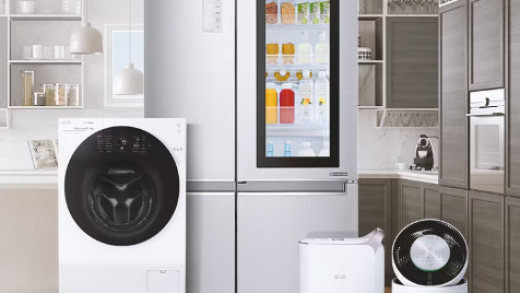Building a gaming PC is an exciting endeavor for enthusiasts and gamers alike. It offers the opportunity to customize and optimize hardware components to achieve the best gaming performance. However, one crucial aspect that often comes to mind is the cost. In this comprehensive guide, we will delve into the various factors that influence the cost of building a gaming PC, providing you with valuable insights and up-to-date information.
1. Setting a Budget:
Before embarking on your gaming PC journey, it’s essential to establish a budget. The cost of building a gaming PC can vary significantly depending on your requirements and preferences. By determining a budget, you can make informed decisions and prioritize components accordingly.
2. Core Components:
a. Processor (CPU): The CPU is the brain of your gaming PC, responsible for executing instructions and calculations. The cost of a CPU can range from budget-friendly options to high-end models designed for extreme gaming performance.
b. Graphics Card (GPU): The GPU plays a pivotal role in rendering graphics and delivering smooth gameplay. Gaming enthusiasts often allocate a significant portion of their budget to a high-performance GPU, as it directly impacts the visual quality and frame rates.
c. Memory (RAM): RAM is crucial for multitasking and running resource-intensive games. The cost of RAM depends on factors such as capacity, speed, and brand reputation. Striking a balance between performance and cost is key here.
d. Storage: Gaming PCs typically require a combination of fast storage for the operating system and games, as well as additional storage for media and files. Solid State Drives (SSDs) offer faster load times but come at a higher cost per gigabyte compared to Hard Disk Drives (HDDs).
e. Motherboard: The motherboard serves as the foundation for all components, connecting them and facilitating communication. The cost of a motherboard can vary based on factors like chipset, features, and brand reputation.
3. Peripherals and Accessories:
a. Monitor: A high-quality monitor is essential for an immersive gaming experience. Factors such as resolution, refresh rate, and panel type influence the cost. Gaming monitors with advanced features like high refresh rates and adaptive sync technologies tend to be more expensive.
b. Keyboard and Mouse: Gaming-specific keyboards and mice often offer additional features like programmable keys, customizable lighting, and enhanced ergonomics. The cost can vary depending on the brand, build quality, and extra functionalities.
c. Audio: Good audio enhances the gaming experience. Depending on your preferences, you may opt for headphones, speakers, or a combination of both. The cost can range from budget-friendly options to high-fidelity audio setups.
4. Additional Considerations:
a. Cooling: Proper cooling is crucial to maintain optimal performance and prevent overheating. The cost of cooling solutions can vary, from air coolers to liquid cooling systems, depending on their efficiency and complexity.
b. Power Supply Unit (PSU): A reliable PSU is essential to provide stable power to your gaming PC. Investing in a high-quality PSU ensures efficiency and protects your components. The cost depends on factors like wattage, efficiency rating, and brand reputation.
c. Case: The case not only houses your components but also contributes to aesthetics and airflow. The cost of a case can vary based on factors like size, build quality, cable management features, and RGB lighting options.
Conclusion:
Building a gaming PC offers unparalleled customization and performance potential, but it’s crucial to consider the associated costs. By setting a budget, prioritizing core components, and making informed decisions about peripherals and accessories, you can build a gaming PC that meets your needs without breaking the bank. Remember to research current market prices and compare options to ensure you get the best value for your investment.


